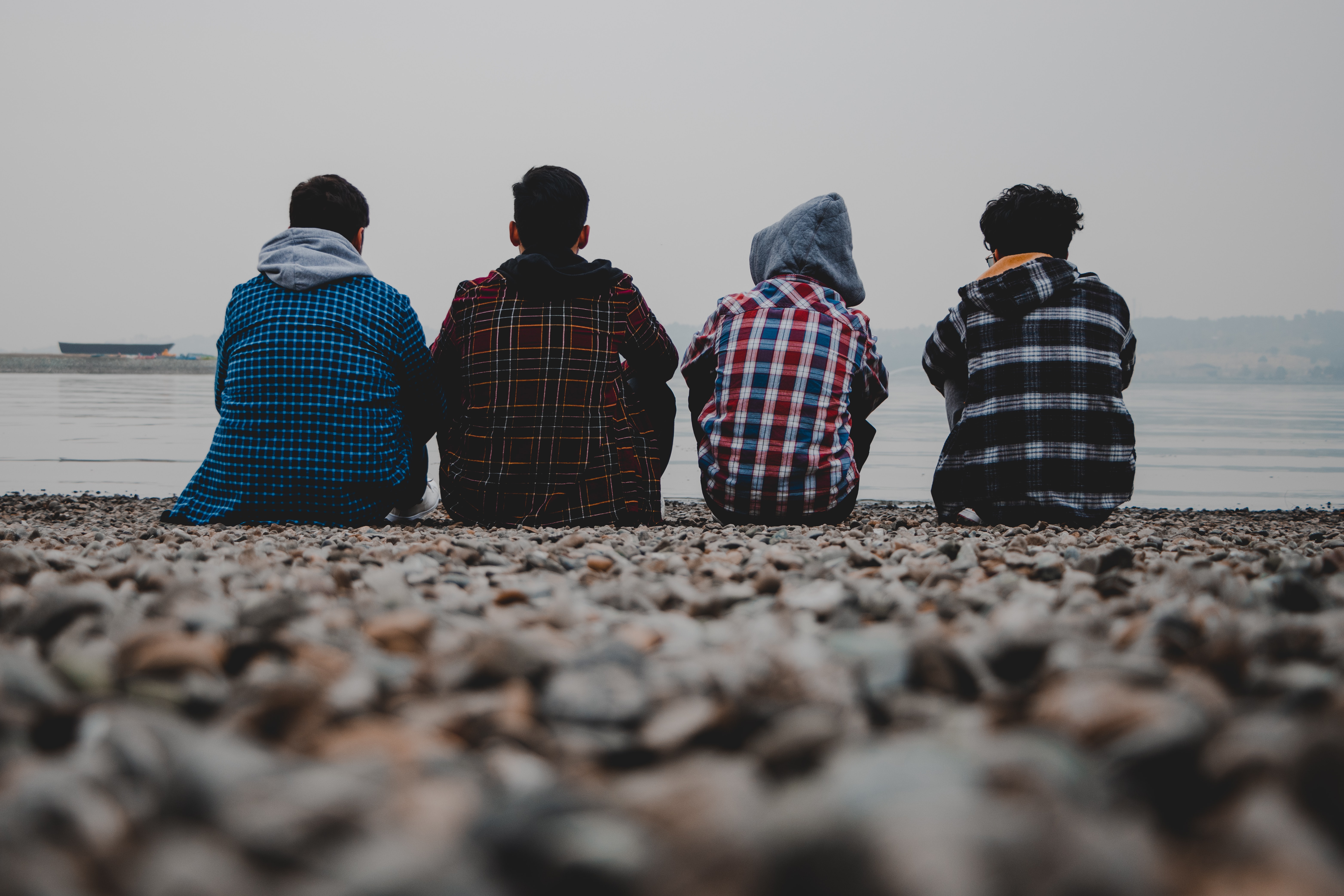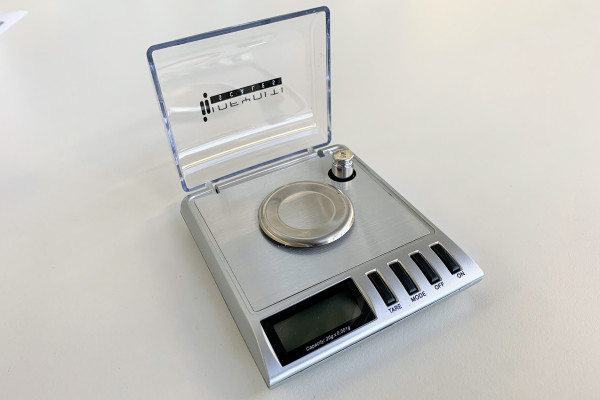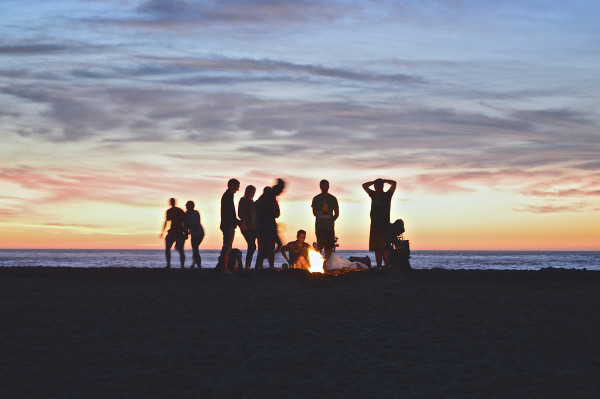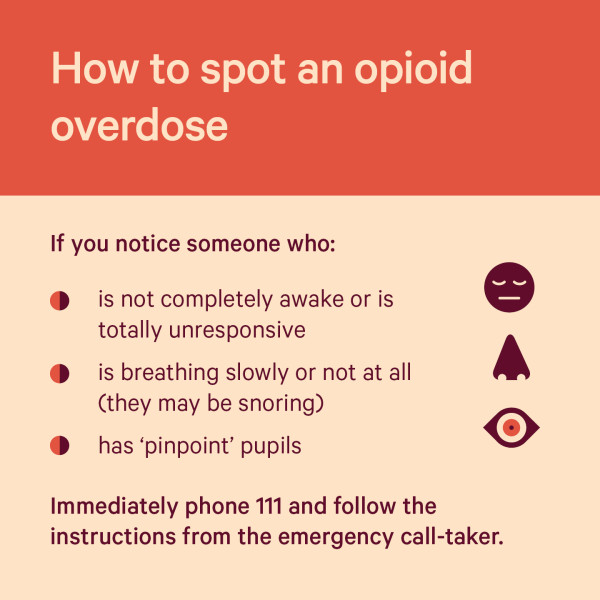
When I was in year 10 at high school, we did a module about drugs in health class. Our PE teacher sat us down and pointed out all the way drugs were dangerous. It was a long time ago and I couldn’t tell you one specific thing I learnt.
I started using drugs that same year, so it’s safe to say the ‘just don’t do drugs’ message did not work on me. Like many young people who try drugs, I wasn't thinking about the dangers.
What could have really helped me, though, is learning how to be safer if I did use drugs – whether that came from teachers, whānau, friends or other people in my community. I believe that information could have saved me a whole lot of suffering. Within two years, my drug use had developed to the point I was no longer able to function at school. I was unsafe, underage, and worst of all, uneducated about the reality of my situation.
Here's some things I wish I learned before I started taking drugs.

1. Dosage matters
I have many clear memories of times when I was between 15 and 22 where I thought it was normal to match doses with very large, very adult men who I would use with. That I was half their weight never really crossed my mind as an important factor when deciding how much to take, or when to stop. It turns out that I was probably feeling much more intense effects when doing the same amount as my larger counterparts. Now I understand harm reduction, I would be more likely to take things slowly. Start with a low dose, check in with myself and wait to see what effects I feel. There is always time to take more later.

2. Use with friends
Sometimes the drugs themselves are not the most dangerous part of using. The situation and people around you can have a huge impact on your safety. Many drugs put you in a more vulnerable state, and that was particularly true for me as a teenage girl. I wish someone had told me how important it is to use drugs with people you trust, especially when I was first getting to understand what these drugs do. You can’t always be sure what’s in a bag of drugs just by looking at it, so you can’t always predict what an experience is going to be. Being around people who care about you when you take a drug means that if the worst happens, there is someone there who really wants to make sure you are going to be okay. It might mean the difference between surviving an overdose or not.
3. Know the effects and side effects... and where to get info
I wish I had known what was normal and what to be worried about when using. I often reflect on a time when the gear going around gave me incredible pain radiating through my legs (sciatica). I always assumed that it was bad gear and maybe, if I had better boundaries, I wouldn’t have kept using adulterated drugs. After a very cursory Google, though, I have recently discovered that meth use can be linked to nerve pain, including sciatica. I never told a doctor about the sciatica because I believed it to be a result of bad drugs. What I wish I’d known was where to look for accurate information and advice. Knowing how to find information is almost more useful than the information itself.

4. Overdose – what it looks like and what to do about it
My health class probably did talk about the risk of overdose - the graphic dangers of drug use were the focus. However, when it came down to it, I did not have practical knowledge when I needed it.
A friend of mine was an opioid user. She used at my house once and passed out before she could even get the needle out of her arm. It freaked me out a bit, but I remember assuming that it must be normal. I just left her there, lying on her back with a needle sticking out of her arm. It’s a difficult thing to think back on; I wish I’d done more. The fact is, I didn’t know any better. I didn’t know that what I was seeing was an overdose. Even if I had recognised it as an overdose, I wouldn’t have known how to react.
Today, if I was around drug use all the time, I would know what to look out for and how to access information. I would know to put my friend in the recovery position. Perhaps I would be carrying naloxone, a safe and effective medicine that can save someone from overdose. Luckily, after some time, my friend woke up. But it could have easily turned out much worse. My lack of knowledge could have cost my friend her life.
In the years since I left school, things have gotten much better. More young people have access to important harm reduction information and public perception of drug use has shifted. It is becoming more okay to talk about drug use, to accept that it is part of life, and to access information about how to be safe if you do choose to use.
Sites like The Level provide reliable, straight-up information for people who use drugs, and we have drug checking clinics that are confidential and non-judgemental spaces for to find out what’s in their drugs.
Knowledge about harm reduction is a lot like first aid. Many of us learn how to respond if someone is choking, how to give CPR, and even what to do if someone is impaled. These are skills I have that, thankfully, I’ve never needed to apply. My hope is that people will learn about drug safety in the same way – as basic and non-judgemental health information that you hopefully never need, but that could save a life.
Related stories
Recent stories
Potent opioid found in fake diazepam
Blue fake diazepam pills that actually contain a potent synthetic opioid called N-Desethyletonitazene are being sold in New Zealand.
Fill me in: Common drug fillers and binders
Drugs are often diluted or ‘cut’ with fillers, like lactose or sugar. We take a look at some of the most common fillers and what the risks are.
What we learnt from checking 2602 drugs last year
Nearly 1 in 5 drugs were different to what the person thought they had